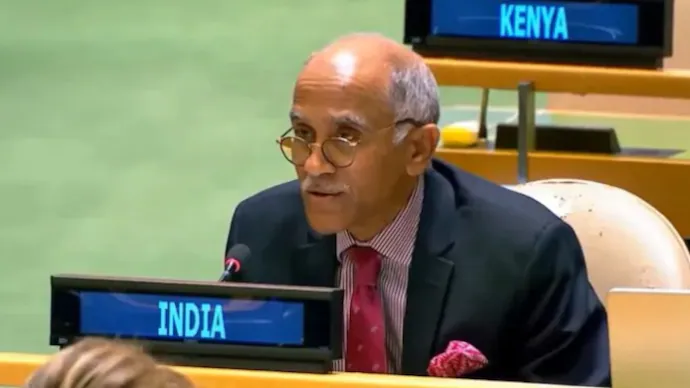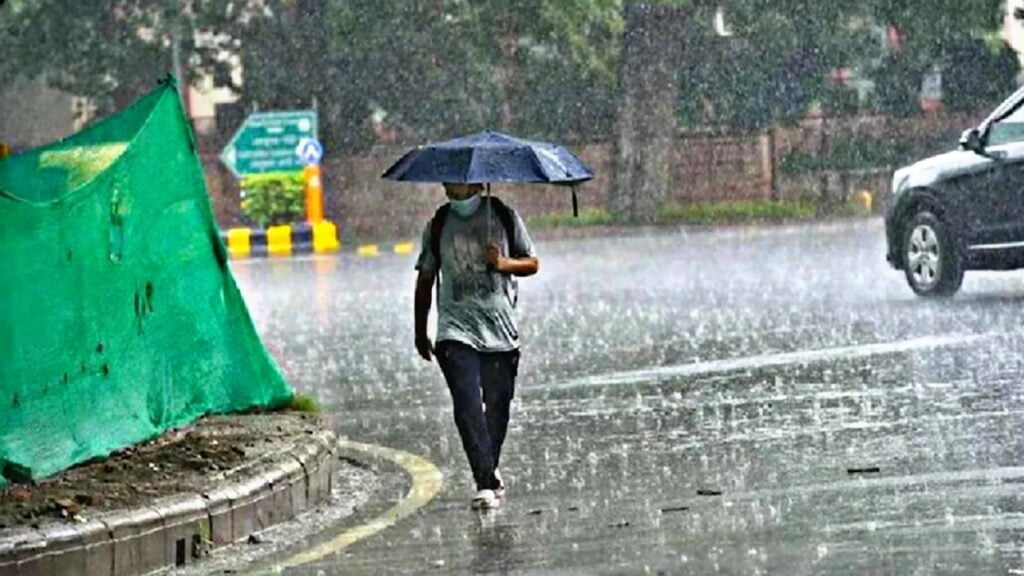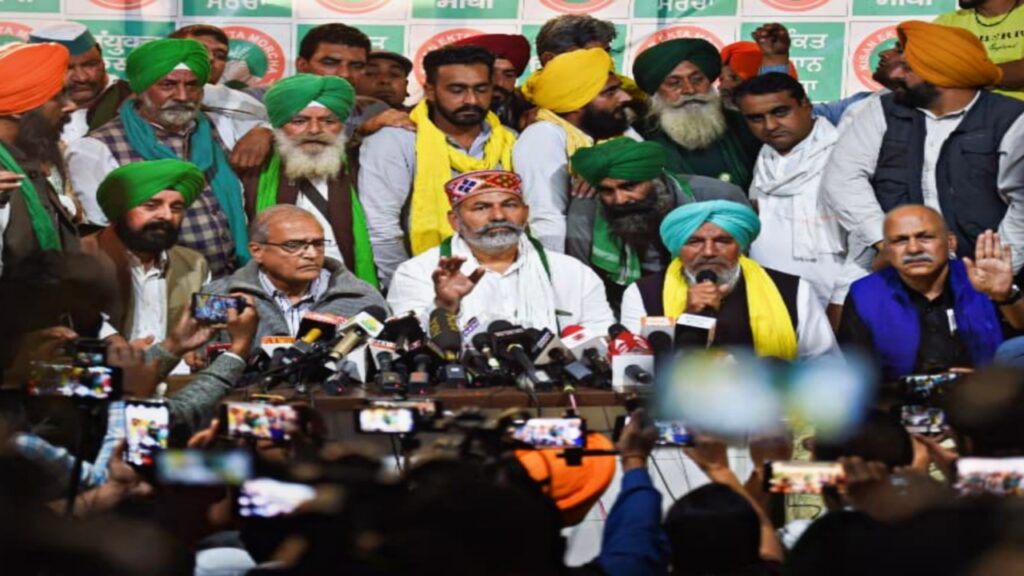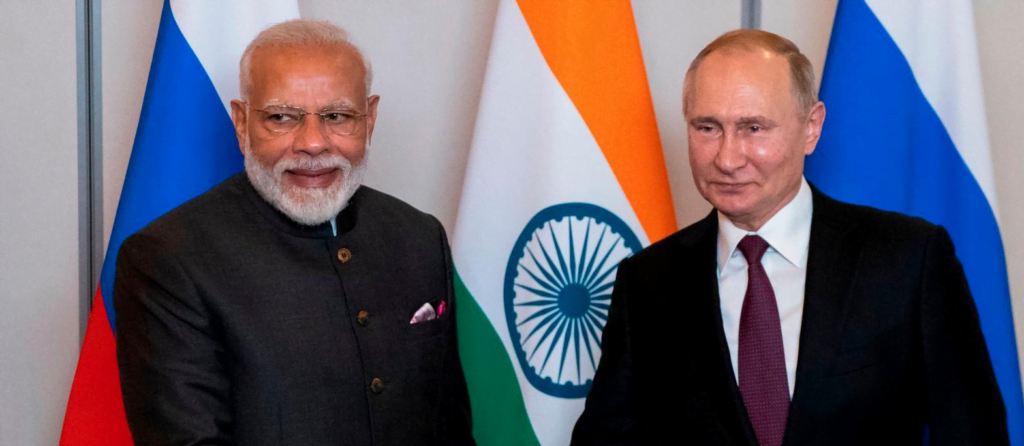India reaffirmed that any attempt to challenge the sovereignty of Jammu and Kashmir is unacceptable and that the region is an essential component of the nation.
At the UN Security Council, India vehemently opposed Pakistan’s renewed efforts to internationalize the Kashmir dispute and voice concerns over the Indus Waters Treaty. India’s Permanent Representative to the UN, Ambassador P Harish, criticized Pakistan’s hypocrisy on terrorism and international peace in response to comments made by Pakistani Deputy Prime Minister and Foreign Minister Ishaq Dar.
Speaking before the UNSC, Dar called India’s recent actions on the Indus Waters Treaty “regrettable and unjustified” and asserted that Kashmir is a “disputed territory that is internationally recognised.” In light of what he called pertinent Security Council resolutions, he called on the UN to work towards a settlement of the Kashmir dispute.
India retaliated forcefully. Ambassador Harish emphasised the sharp differences between the two countries in his statement.
India, a developed democracy with a thriving economy and a pluralistic, inclusive society, is on the one hand. Pakistan, a country entrenched in fundamentalism and terrorism and a frequent borrower from the IMF, is at the other extreme,” he remarked.
He went on to say that the Council must universally adhere to the zero tolerance for terrorism policy when it considers peace and security. He made a direct allusion to Pakistan’s history of supporting terrorism when he said, “It is ill behoved of the member of the Council to offer homilies while engaging in practices that are unacceptable to the international community.”
#IndiaAtUN
— India at UN, NY (@IndiaUNNewYork) July 22, 2025
PR @AmbHarishP delivered 🇮🇳’s statement at the @UN Security Council High Level Open Debate on Promoting International Peace and Security through Multilateralism and Peaceful Settlement of Disputes. @MEAIndia @IndianDiplomacy pic.twitter.com/A3jp6ojkJy
India reaffirmed that any attempt to challenge the sovereignty of Jammu and Kashmir is unacceptable and that the region is an essential component of the nation. Additionally, it stressed that unless Pakistan first resolves any infringement on its end, the long-standing bilateral pact known as the Indus Waters Treaty is not a topic for international arbitration.
Pakistan has previously made an effort to bring up the Kashmir issue on international forums. However, as the majority of world powers view the issue as bilateral, such attempts have mainly failed to gain traction.
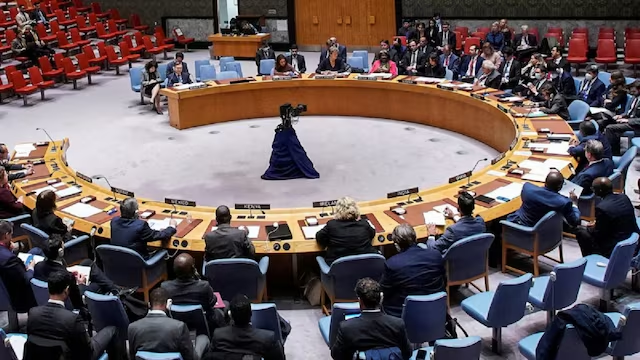
India’s calm and forceful response highlights Pakistan’s ongoing use of deception while enhancing India’s reputation as a responsible democracy committed to peace and progress on the international scene.
A member of the Council should not give homilies while engaging in actions that are unacceptable to the international community,” he continued.
Referencing the April 22 terrorist assault in Pahalgam, Jammu and Kashmir, which claimed the lives of 26 civilians, Harish also delivered a forceful message about the necessity of accountability in terror cases.
He stated, “States that incite cross-border terrorism should also pay a heavy price for transgressing the spirit of good neighborliness and international relations.
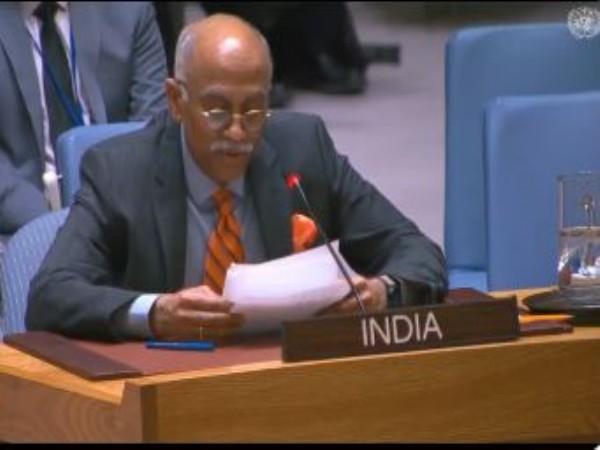
Following the horrific terrorist attack in Pahalgam, India began Operation Sindoor, which was targeted at terrorist camps in Pakistan and Pakistan-occupied Jammu and Kashmir (PoJK). The operation was non-escalatory, targeted, and calibrated. It was based on the Council Statement of April 25. Following the accomplishment of its main goals, a military halt was immediately reached at Pakistan’s request,” Harish continued.

